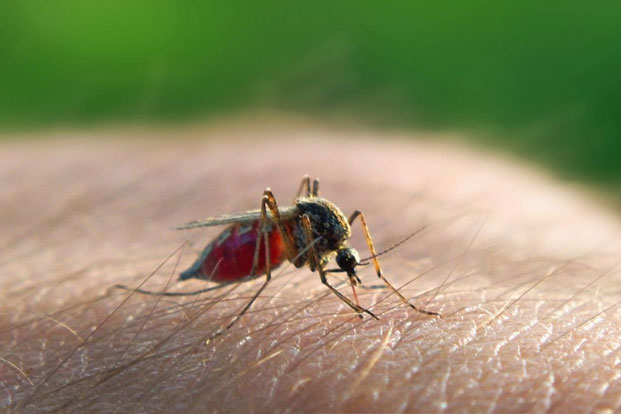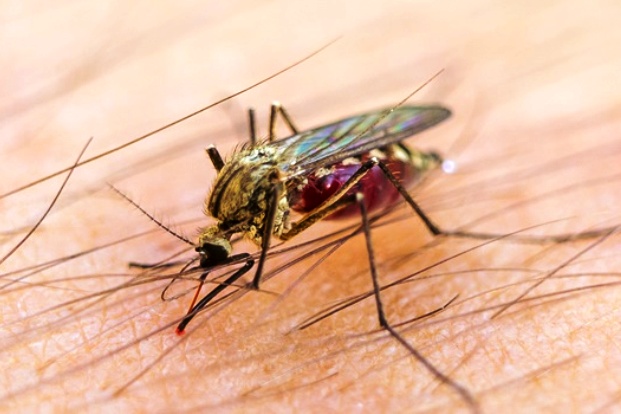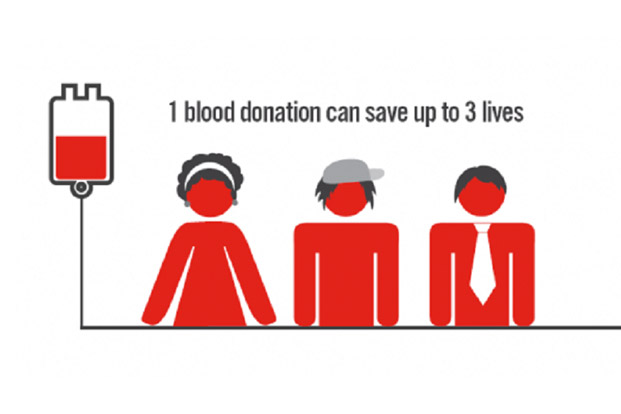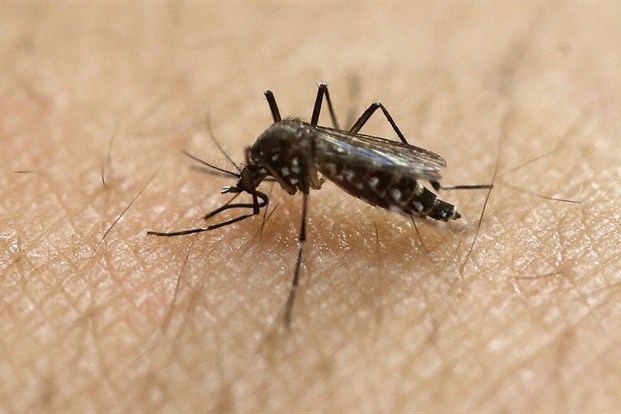Categories
- Bariatric Surgery (11)
- Black Fungus (5)
- Bone Marrow transplant (3)
- Brain Tumor Surgery Navigation Technology (20)
- Cardiac Surgery (66)
- Cardiology (97)
- Computer navigation technology for joint replacements (20)
- Covid Vaccination (17)
- Critical Care (2)
- Dental (19)
- Dermatology (31)
- Dialysis Support Group - “UTSAAH” (11)
- Dietitian (33)
- Emergency Medicine (4)
- Emotional Health (11)
- Endocrinology (33)
- ENT (20)
- Gastroenterology and GI Surgery (53)
- General and Laparoscopic Surgery (21)
- General Surgery (4)
- Gynecology & Obstetrics (183)
- Hematology (20)
- Internal Medicine (294)
- Kidney Transplant (50)
- Kidney Transplantation (20)
- Lung Cancer (8)
- Minimal Invasive Surgery (1)
- Mother & Child (20)
- mucormycosis (5)
- Nephrology (61)
- Neurology (147)
- Neurosurgery (68)
- Nutrition and Dietetics (107)
- Omicron Variant (1)
- Oncology (288)
- Ophthalmology (10)
- Orthopaedics & Joint Replacement (86)
- Paediatrics (59)
- Pediatric Nephrology (3)
- Physiotherapy (5)
- Plastic & Reconstructive Surgery (6)
- Psychiatry and Psychology (90)
- Psychologist (28)
- Pulmonology (72)
- Rheumatology (13)
- Spine Services (21)
- Transradial Angioplasty (16)
- Urology (84)
Query Form
Posted on Apr 19, 2022
How is Malaria Transmitted?
Malaria is transmitted through the bite of the female Anopheles Mosquito. The symptoms of malaria and the adverse conditions usually begin to show after one week of being infected. On majority of the occasions the signs and symptoms are ignored and the same leads to complications, organ damage and in some cases even death. It is important that early diagnosis and timely detection of the same is done on priority basis. Presence of a specialized medical institution for assistance is also essential.

How can malaria spread to others ?
As malaria parasites are found within the red blood cells of infected people, it can also be transferred via blood transfusion, an organ transplant, or shared usage of syringes or needles contaminated with infected blood. Malaria is also transferred from mothers to unborn infants prior to or during delivery. This is called congenital malaria.
Malaria is not contagious does not spread like flu or cold from 1 person to other. It cannot be sexually transmitted either. One cannot catch malaria through casual contact with a patient infected with malaria by sitting next to them.
Who is at a risk of suffering from malaria?
Anyone can be infected with malaria. Most of the cases occur with people living in a country with malaria transmission. People from a country which has no malaria transmission can also get infected if they travel to a country with malaria or via blood transfusion (very rare).
Who can get sick or die due to malaria?
Plasmodium falciparum is a malaria type that most often leads to severe and even life threatening malaria conditions. Such parasites are very common in several countries from South Africa to the Sahara Desert. People that are highly exposed to the bites of mosquitoes that are infected with P. falciparum are at the highest risk of dying due to malaria. People that have little or zero immunity to malaria, i.e. young children and pregnant ladies or travelers arriving from regions with no malaria, are more likely to get very sick and even die. Poor population that lives in rural areas and lack access to health care also are at very high risk for malaria.



